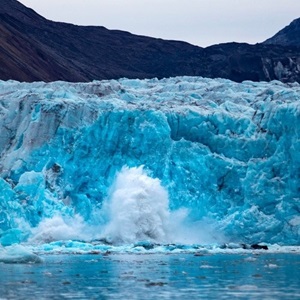Overfishing is a serious global problem that threatens ocean wildlife and biodiversity. Loss of marine life brings a further threat to the millions of people who rely on seafood for protein and livelihoods.
What is overfishing and why is it a problem?
Overfishing occurs when too many fish in a particular stock are caught and there are not enough adults to breed and sustain a healthy population.
The level of overfishing has been increasing in recent decades and the number of overfished stocks is now three times higher than in 1970. The United Nations Food and Agriculture Organization monitors over 2,000 fish stocks around the globe. Its 2025 report estimates that 35.5% are fished at unsustainable levels.
For communities reliant on fishing, the impact of stock collapses can be devastating. Overfishing is also a concern for the wild marine environment as it is one of the major causes of the loss of ocean biodiversity.
Overfishing explained
What is driving overfishing?
There are several factors that drive overfishing, these include:
- Rising consumption: The human population reached 8 billion in November 2022 and is expected to reach almost 10 billion by 2050. Consumption of aquatic foods (farmed and wild) is rising twice as fast as the global population.
- Climate change: Increases in ocean temperatures change the migratory routes of fish stocks, causing them to move away from traditional fishing grounds. Overfishing occurs when fisheries continue to catch at the same level even though some of their target species have moved to new grounds.
- Illegal, Unreported and Unregulated (IUU) fishing: Catching fish without abiding to governmental and international regulations, for example in protected zones, or not reporting part of the catches.
- Fishing subsidies: It is estimated that governments have spent billions of dollars on subsidies to support their fishing industries. Sometimes, this might support fishing in overexploited areas where catch revenue will not be enough to cover the expense of fishing. In such cases subsidies end up encouraging unsustainable fishing practices.
What is sustainable fishing?
What are the consequences of overfishing?
Almost 38 million people are directly employed in the wild capture seafood sector. Figures from the 2020 UN FAO State of the World Fisheries Report show 10% of the world’s population rely, at least partially, on fishing and aquaculture for their livelihoods.
If fish stocks collapse the impact can be immediate, but recovery can take decades. The collapse of Canada’s Grand Banks cod fishery in 1992 left over 35,000 fishers and plant workers from more than 400 coastal communities without jobs.
Seafood is also an important source of protein and micronutrients. More than 3 billion people are dependent on the ocean for protein, with fish representing at least 20% of their daily animal protein intake.
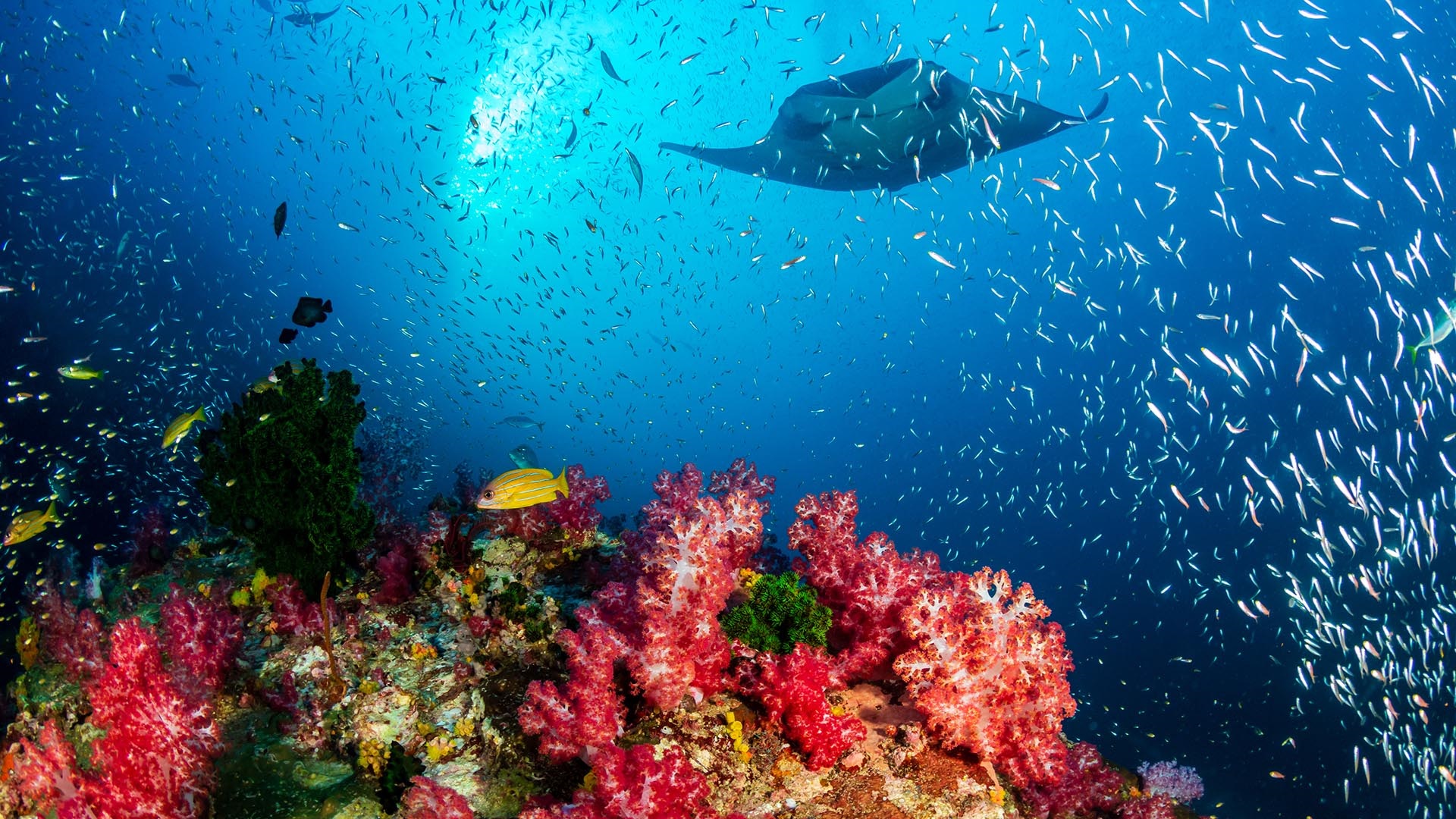
The impact of overfishing on biodiversity
Overfishing can affect biodiversity, habitats and ecosystems that make vital contributions to the climate, clean air, water and food.
Biodiversity impacts can take place not only through overfishing of fish stocks targeted for food, but also through overfishing of species caught unintentionally. This can include endangered species such as some sharks, rays, and turtles. Removing sharks, for example, can have knock-on effects on their prey and species lower down the food chain, and negatively impact biodiversity.
What can be done about overfishing?
Stopping overfishing doesn’t mean stopping fishing altogether. Fisheries that are sustainably managed are better for the environment and more productive in the long-term.
If all fisheries were sustainably managed there would be an estimated 16 million more tonnes of fish a year, which would yield enough protein for 72 million more people.
As the world grapples with how to feed its growing population, sustainably produced foods from the sea will have an increasingly important role to play.
Despite the headline statistics on overfishing, there has been steady progress on the availability of sustainable seafood for consumers. 2019 figures in the FAO Blue Transformation report found that 82% of fish landings by volume come from sustainably managed stocks, an increase of nearly 4%. This means consumers are increasingly empowered to make sustainable choices, especially for popular species like tuna, pollock and anchoveta.
How MSC certified fisheries are improving
What is the MSC doing about overfishing?
The MSC was founded in response to overfishing and our Fisheries Standard can play a major role in its prevention.
Almost a fifth of the globe’s world marine catch is certified or in assessment to the Standard. It is a globally recognised benchmark for seafood sustainability and reflects the most up-to-date understanding of internationally accepted fisheries science and management.
The MSC Fisheries Standard is a set of requirements that ensure fisheries aiming to be certified as environmentally sustainable only target stocks that are abundant and able to replenish themselves, and that fisheries minimise their impact on the wider marine ecosystem. The Standard also requires that fishing is well-managed, and fishers abide by the relevant local, national and international laws.
Assessments are carried out independently and audits are made every year to make sure requirements are being met.
Recent MSC research found that fish stocks targeted by fisheries certified to the MSC Standard perform better on key sustainability benchmarks than those targeted by non-certified fisheries. These stocks are healthier, more abundant, and much less prone to overfishing.

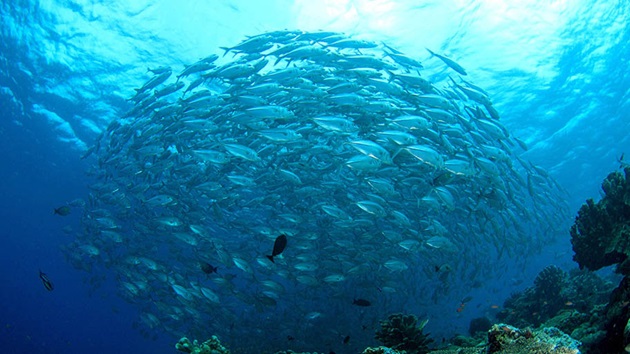
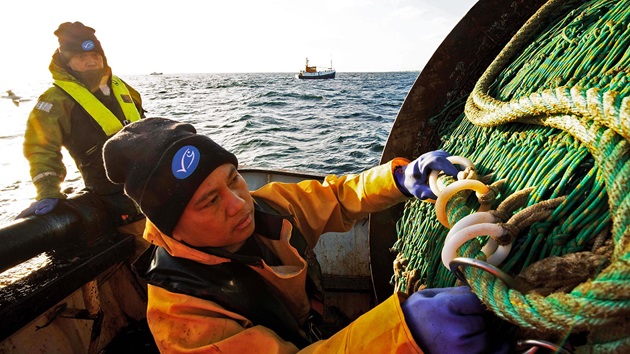
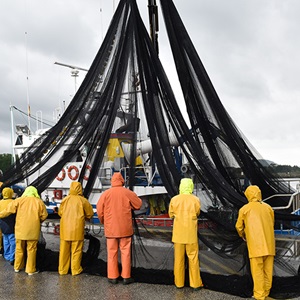
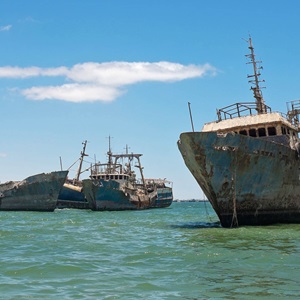
/biodiversity-and-fishing-spotlight.tmb-thumb300.jpg?Status=Master&Culture=en&sfvrsn=7d1e89b7_1)
